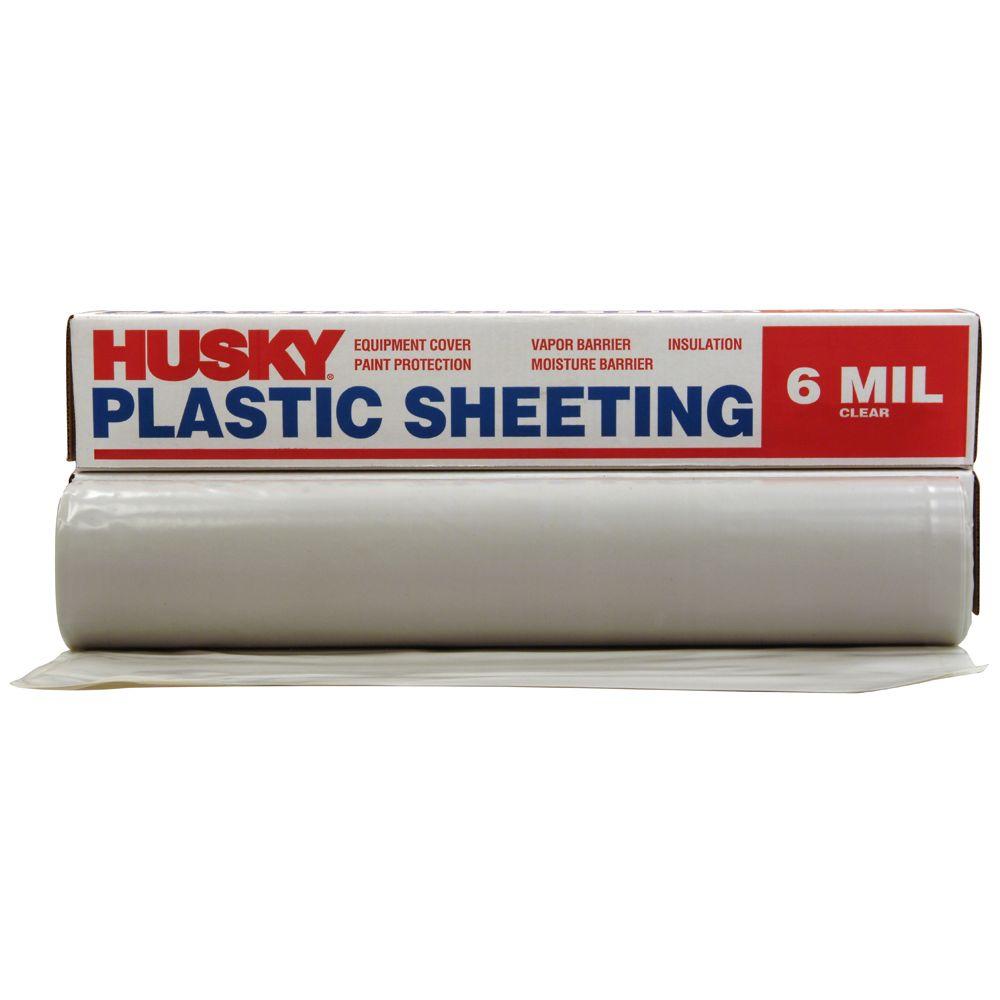Certain heat sources used in line bending and thermoforming operations may also require removal of the masking.
How to remove acrylic plastic sheet liner.
Acrylic glazing sometimes referred to as plastic or plexiglass is a popular substitute for glass in picture framing because it is lightweight and shatterproof.
If it does slowly work your way across the sheet if you go too fast the paper will rip making removal more difficult.
The easy way to get that annoying paper sheeting off your acrylic parts.
Place the line you ve scored directly along the edge of the table.
That will make the entire plastic dead flat since you are heating up the entire plastic and then flattening with weight on top and keeping the weight on it as it cools.
1 cup warm water.
Cleaning the acrylic plexiglas most likely will be necessary though because smudges probably will occur while removing the film.
You can wrap your hand around one edge and use your body weight to push down.
If you have multiple plastics then i prefer the oven method since you can do a bunch at once.
Whether the acrylic is used for a fish tank table or other item being able to have a clean mark free piece is important.
Peeling the film should effectively remove it.
Heat gun is good and you can see how it works in the video.
It is frustrating to remove a sticker from acrylic only to find a sticky residue left behind.
I quickly grew tired of working my fingers to the bone removing the protective film.
The masking may be removed for intricate detail work on the sheet if necessary.
You can try using an electric hair dryer to warm the corner of the sheet and see if this loosens the paper.
Using clamps to hold the sheet to the table makes the process easier.
Break the acrylic sheet.
The sheet masking should be left in place during most fabrication operations to protect the sheet surface.
Residue can also be left behind by tape or other sticky substances.
When you purchase acrylite acrylic glazing from frame destination it will arrive with a protective covering on both sides to prevent the glazing from being scratched.

